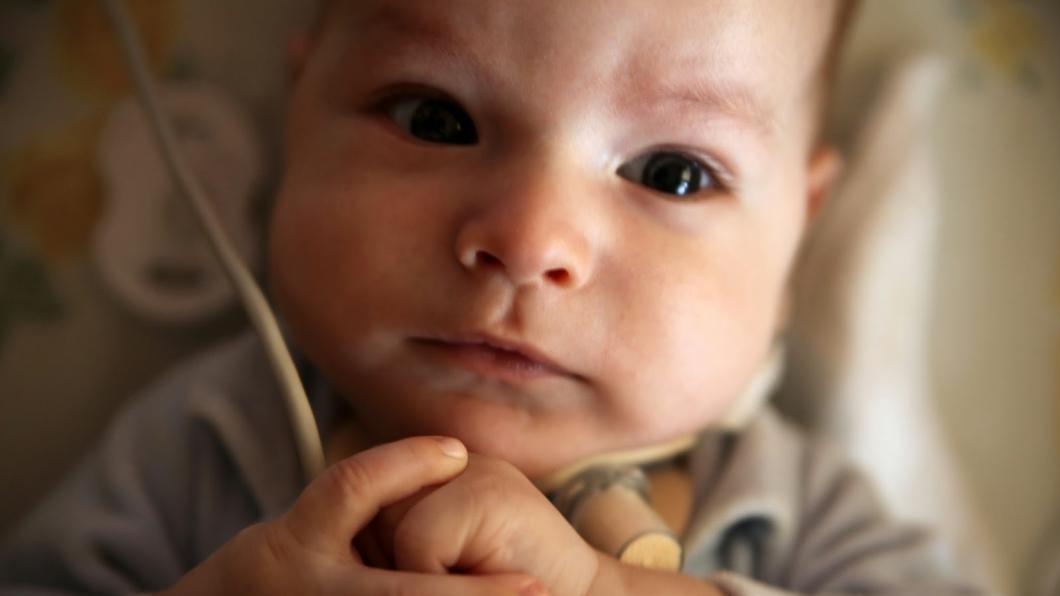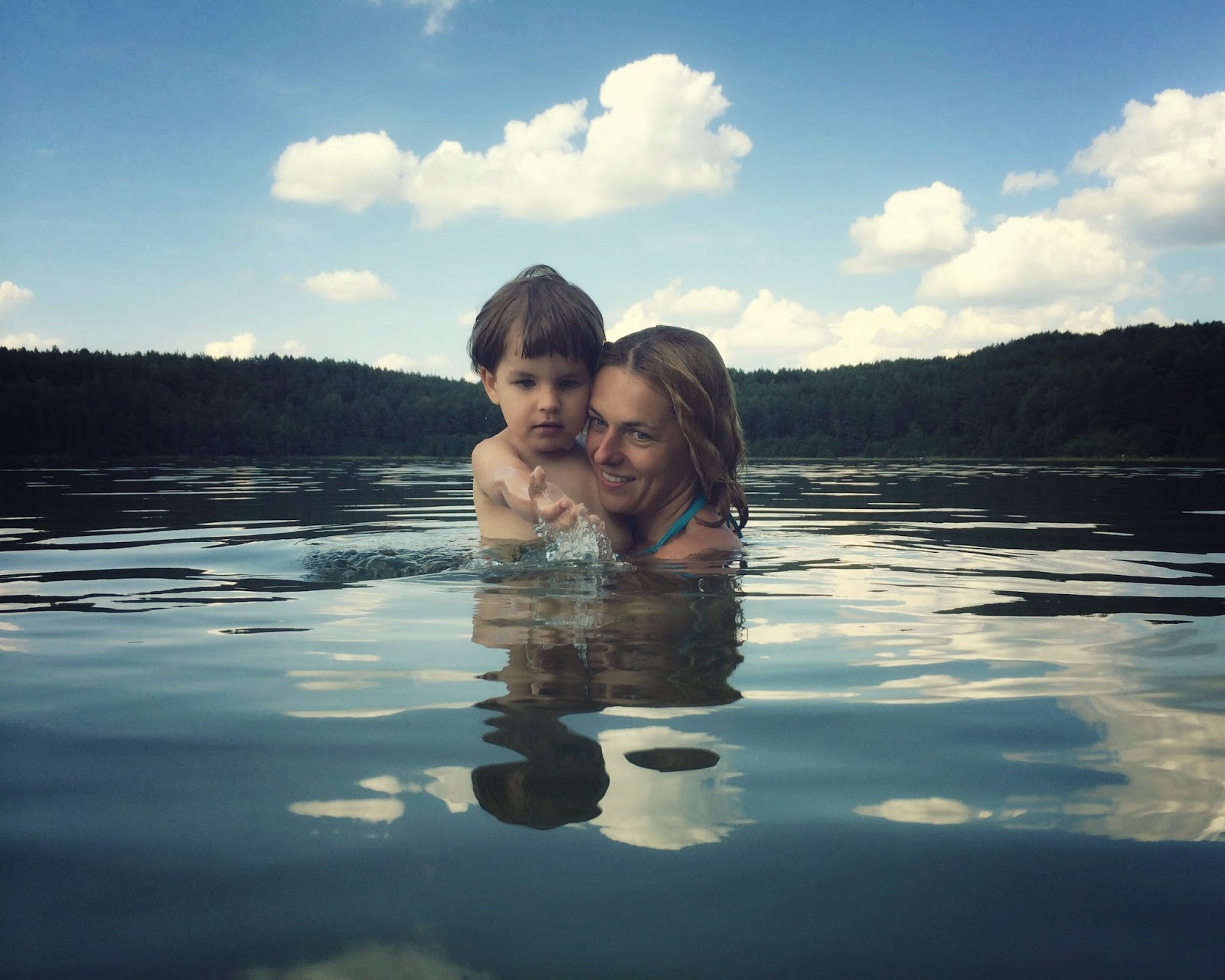
How baby went from 'alien creature' to 'our son'
By Louise Kinross
‘Our Curse’ tells the story of a Polish couple whose son Leo is born with a rare syndrome that prevents him from breathing while asleep. Without the support of a ventilator, he will die. The film, by Leo’s dad Tomasz Śliwiński, is nominated for a 2015 Academy Award for Documentary Short. You can watch it in its entirety on The New York Times.
Leo’s syndrome is known as Ondine’s Curse—or Congenital Central Hypoventilation Syndrome (CCHS). Leo’s dad writes that “He evolved from a 'curse' (a term we took from the disorder’s name), an alien creature with lots of medical noisy equipment, into our truly beloved son, without whom we could no longer function.” The movie is a beautifully honest look at how parents try to make sense of a life-threatening illness in their newborn. BLOOM will run an interview with Leo’s mom Magda in the print magazine coming out at the end of this month. Here’s a sneak peek.
BLOOM: Did making the film help in your healing process?
Magda Hueckel: Yes, definitely. First of all, it was very important while we were shooting. It was a really dark period for us, and sometimes we had no strength at all. Leo was still in the hospital, and after coming back home, all we could do was sit and stare at the wall. Nothing seemed important or worth any effort. But, once we decided to make the movie, we had to mobilize ourselves, take a camera and start shooting. It made us active. We felt that we were doing something creative.
And then—watching the movie helped us accept the trauma that we went through, to cry it out, to finally put it in perspective, and start a new life. It was the best therapy ever.
BLOOM: Did health workers help you feel that you could cope with Leo's medical needs?
Magda Hueckel: Unfortunately, the medical care was not perfect. Of course we have met many great nurses and doctors, who have been really involved, but in the beginning we felt very alone. All the knowledge we have, we had to seek from other families who deal with CCHS or from doctors that we reached out to.
BLOOM: What advice would you give parents of infants who have life-threatening illnesses or complex medical needs?
Magda Hueckel: Never give up. Check out everything. Someone tells you your child won’t walk—keep trying; your child won’t eat—give him a chance. It is worth your effort. And never lose hope—medicine is developing and miracles happen. And try to enjoy your life as it is. Even if you cannot do many things and you have a lot of restrictions—you can choose other activities. There are millions of possibilities. You can be happy, you can enjoy your life, you can push yourself to grow.
BLOOM: How is Leo's health now and what does he enjoy?
Magda Hueckel: He is four years old and he is a great guy. He loves travelling. He is starting to read and speak. He is really a happy boy. All his adventures are described on our blog—an English version is available at LeoBlog.
.jpg)
